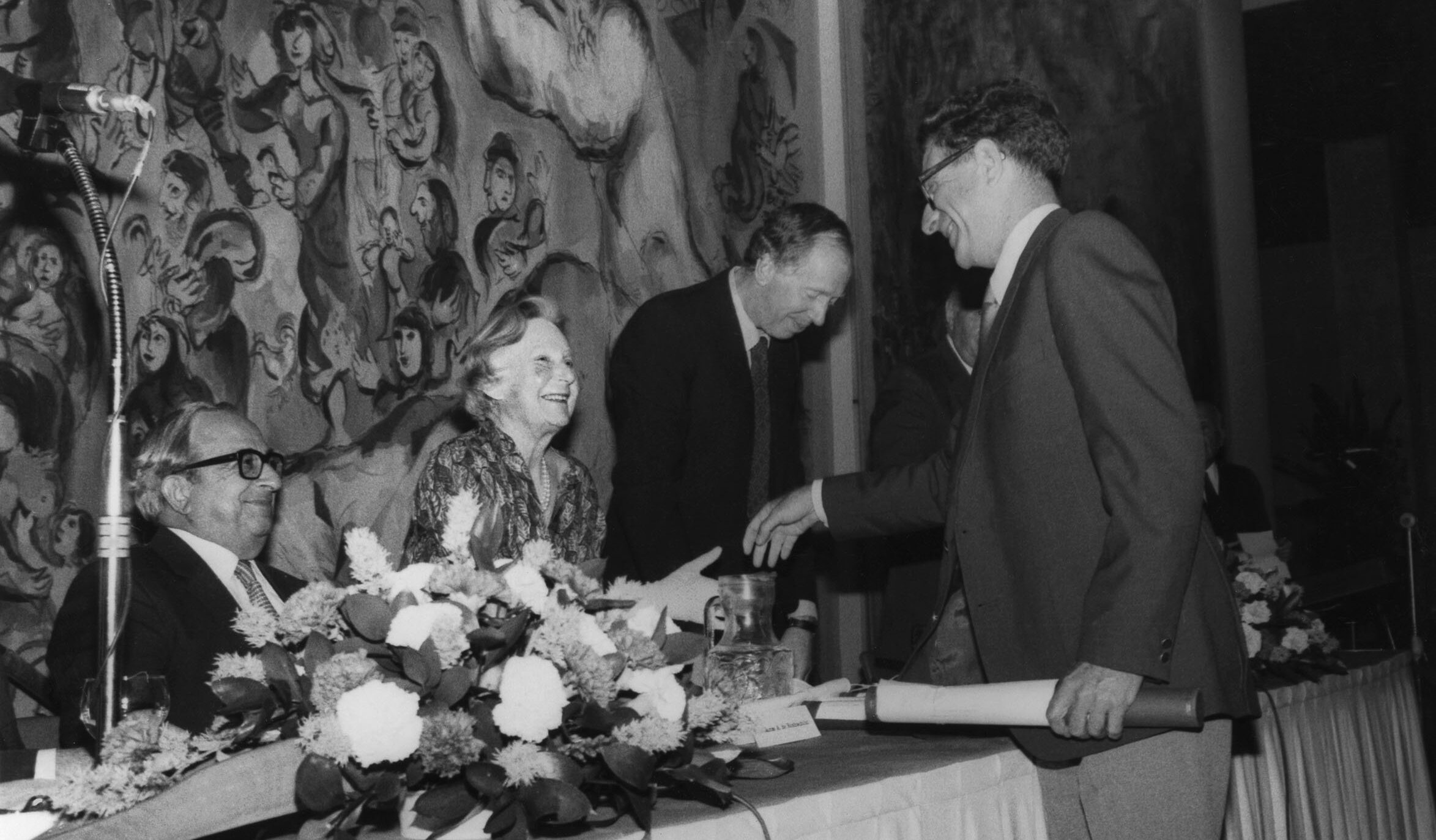Who We Are
Our Vision
How We Work

Our initiatives are designed to deliver lasting change.

We address key social and environmental challenges in Israel through our five programme areas. Our approach is systemic: identifying levers and working with important stakeholders to lead change.

The design of our initiatives combines rigorous planning, reflective learning, and strategic review cycles to ensure results and lasting public value.

We believe that sustainable systemic change requires collaboration with the main stakeholders in the field. We work together to design pilots and test innovative approaches that can later be scaled at the national level.

We strengthen and develop key fields in Israel by building knowledge infrastructure and professional capacity, and by fostering cross-sector and cross-organisational collaboration to promote significant progress towards shared goals.

Since its founding, Yad Hanadiv has catalysed emerging fields and advanced new approaches to complex social and environmental challenges, grounded in a long-term vision, responsible risk-taking and cross-sector partnerships.
Our Team
Behind every initiative and project is a dedicated group of people, with expertise and a genuine commitment to building a better future for Israel.











